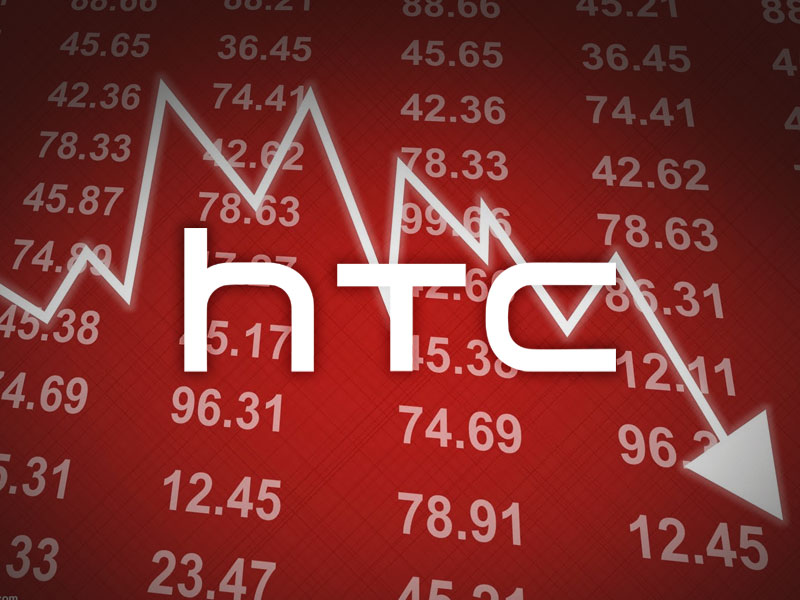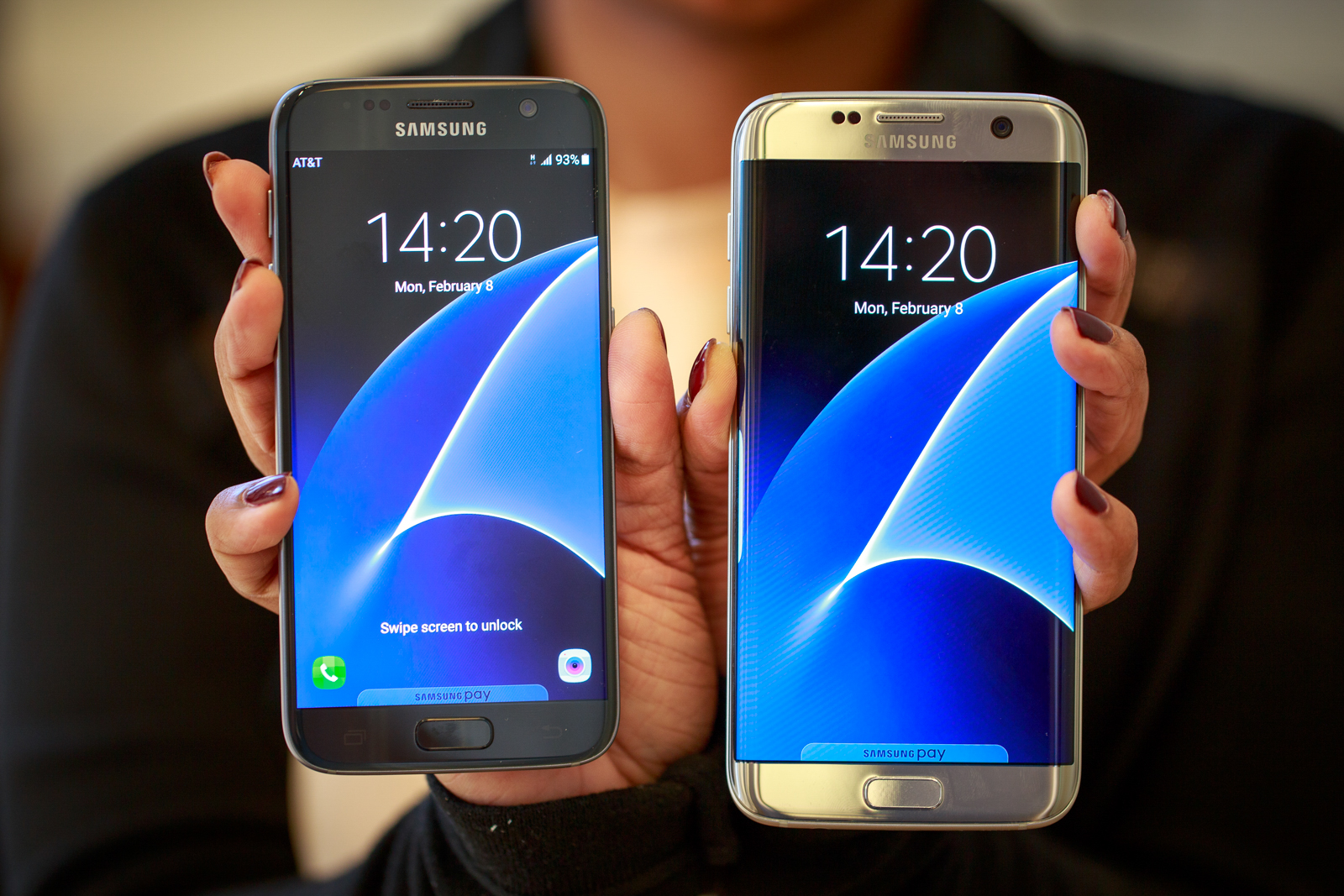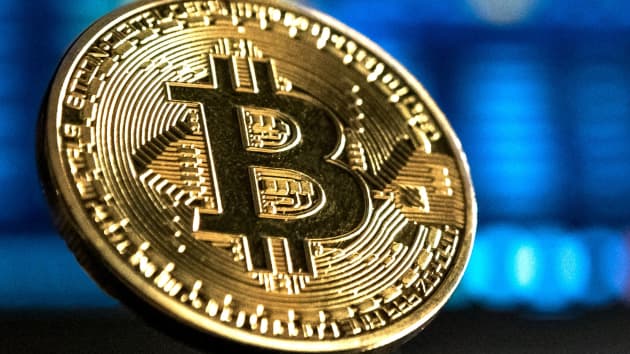Search result
 |
 |
|
this article is not available |
||
 |
 |

HTC just posted its financial results for the Q3 of the year and the company is reporting a slight decline in sales. Despite the bad news, however, the phonemaker remains profitable as cuts in costs have offset the slowing in sales.
The company's quarterly revenue is $1,38 billion of which profits were $21,1 million. In comparison, the previous quarter was kinder to HTC with a revenue of $2,15 billion and profit of $75,5 million.
HTC saw the largest drop in sales in July by some 33% compared to the same period last year. However, in August the company saw 10% sales jump compared to the same month of 2013. Analysts blame the launch of the iPhone 6 and iPhone 6 Plus for HTC's 7.9% fall in sales in September.

Final results for Samsung's financial standings at the end of the first quarter of 2016 have been revealed and it looks extremely good, especially in a market which is facing a standstill from many aspects. A 12% increase in operating profit along with a 5.7% boost in overall revenue has actually exceeded even Samsung's own optimistic expectations. Samsung's earnings guidance had predicted an operating profit of $5.7 billion/KRW 6.6 trillion and total revenue of $43.3 billion/ KRW 49 trillion for this quarter. The actual figures exceeded those predictions as the total revenue turned out to be $43.46 billion/ KRW 49.78 trillion, while the operating profit at the end of Q1 stands at $5.82 billion/ KRW 6.68 trillion.
In addition to attributing these numbers to the early launch decision and the consequent success of the S7 series, the Korean Electronics giant also mentioned "improved memory product mix, expanded 14nm supply of System LSI products and increased sales of OLED panels." In its mobile business alone, the operating profit has gone up by a whopping 42% in year-on-year comparison, as the number stands at $3.4 billion/ KRW 3.89 trillion. The consolidated revenue of Samsung Mobiles was reported to be $24.12 billion/ KRW 27.60 trillion in Q1 2016, an increase of 6.6% when compared with Q1 2015.
The company also mentioned that they expect smartphone demands to go down as the year progresses, while the market for tablets will continue to diminish even further. When asked about Samsung's plans for the rest of the year, it was mentioned that Samsung "will reinforce its leadership in the premium smartphone segment on the back of the Galaxy S7 and S7 edge, while continuing to increase volume and improve profitability in the mid-to-low-end segment."
Author: Saikat Kar (Tech-journalist and enthusiast)

In between October and December, Samsung has officially turned up a profit of roughly $5.1 billion USD or 6.1 trillion Korean won. This is actually an improvement over previous year's 5.3 trillion won. In spite of the significant 15 percent increase, it fell short of an estimated 6.6 trillion won. What is disappointing from Samsung's point of view is the fact that the difference between their previous year's quarterly profit (52.7 trillion won) and 2015's quarterly profit (53 trillion won) is almost negligible.
When Samsung publishes a more detailed report on their sales later this month, we will be able to analyze the performances of its multiple business divisions more accurately. Most business analysts are however, quite sure that the Korean MNC has taken a hit in their smartphone department. Multiple Chinese mobile phone manufacturers have entered the industry in the last few years and thanks to their extremely aggressive pricing, the budget to midrange section of the phone industry has changed a lot. It is worth mentioning that a deprived global economy is also to be blamed for an unimpressive rise in sales.
According to Samsung's CEO Kwon Oh Hyun, the company is going to have quite a tough year in 2016 as the competition is about to reach new levels of heat. In fact, competition is not going to stay confined to their smartphone business alone as television sets and memory chips are fair game as well now. As the electronics giant focussed on Samsung Pay at the CES this year, we will just have to wait and see how Samsung's new strategy to concentrate on software more than hardware pans out at the end of the year in terms of sales.

Bitcoin, the cryptocurrency that created the concept of blockchain, is also the largest and longest-running blockchain.
At present, interest in blockchain architecture is growing, especially in financial institutions, because Bitcoin actually mediates a huge amount of transactions and shows that it can be put to practical use. In that sense, all blockchain implementations are somehow influenced by Bitcoin.
Why is the blockchain aiming at decentralization and adopting a mechanism such as proof of work to form an ecosystem? To understand that, you need to go back to the origin of blockchain, Bitcoin. In this article, you would like to look back at the history and achievements of Bitcoin and consider the misunderstandings and expectations of the current blockchain.
What has Bitcoin accomplished?
Originally, Bitcoin was designed as a mechanism for mediating value exchanges without relying on arbitrage by state power or underlying assets. Blockchain was designed as a means to realize it.
In modern-day currencies, issuers including the central bank record liabilities on the books according to the outstanding balance. For electronic money, gift certificates, prepaid cards, etc., it will be necessary for the manager to make a provision according to the outstanding balance according to the system of each country. Get more detail about crypto-profit application.
However, Bitcoin works mechanically without the issuer or administrator. As a result, you succeeded in avoiding legal regulations that presume the existence of the issuer.
What has Bitcoin achieved by functioning without an issuer?
One is to realize a new mechanism in which a huge amount of currency issuance is generated by issuing coins and the operating cost as a currency is covered by this issuance.
With Bitcoin, the amount of computation required to issue a new coin is determined by the total computing power of participating miners. For this reason, when the number of participants is low, the currency can be efficiently obtained at a very low cost.
When the value of Bitcoin goes up, the market value of Bitcoin issued in the past goes up. The identity of the author who published the Bitcoin paper under the name of Satoshi Nakamoto is still unknown, but it is likely that he will have gained at least several billion yen in market value.
Since Bitcoin has no nominal issuer, it is not necessary to record the amount of issue on the book as the issuer's debt or to make a provision according to the issue balance. Even now, new bitcoins are generated about every 10 minutes, and the profits of issuing the currency are divided by miners those who provided computational resources for block chain data processing.
In this way, miners voluntarily operate an international settlement platform that "operates 24 hours a day, 365 days a year.
Another thing that Bitcoin, which has no issuer, has achieved is the value transfer independent of state regulation.
On this platform, you can easily transfer economic value just by creating a key pair at hand, without having to enter into a contract such as opening an account that requires identity verification.
Trading with Bitcoin is possible anywhere in the world as long as you have an Internet connection. As a result, it has become possible to take out assets freely even from emerging countries such as China where foreign exchange transactions are regulated.
It is said that about 90% of the mining of bit coins is conducted in state. That's because investing in bitcoin mining has become one of the few ways to circumvent foreign exchange regulations and legally transfer domestic assets abroad.
Bitcoin was also used as a way to avoid taxation of deposits by the state. Cyprus, which suffered a financial crisis in the euro area due to Greece's debt exemption, closed its deposits and taxed about 10% in March 2013, at which time the capital flight from bank deposits in Cyprus Bitcoin was used as a means.
In Cyprus, it has become possible to pay the price of various things and services, including university tuition, with Bitcoin. Bitcoin is safer than bank deposits in fiat currency because it cannot be frozen freely due to national circumstances, and as a result, it became a capital flight destination with an exchange rate independent of fiat currency.
© 2023 YouMobile Inc. All rights reserved






